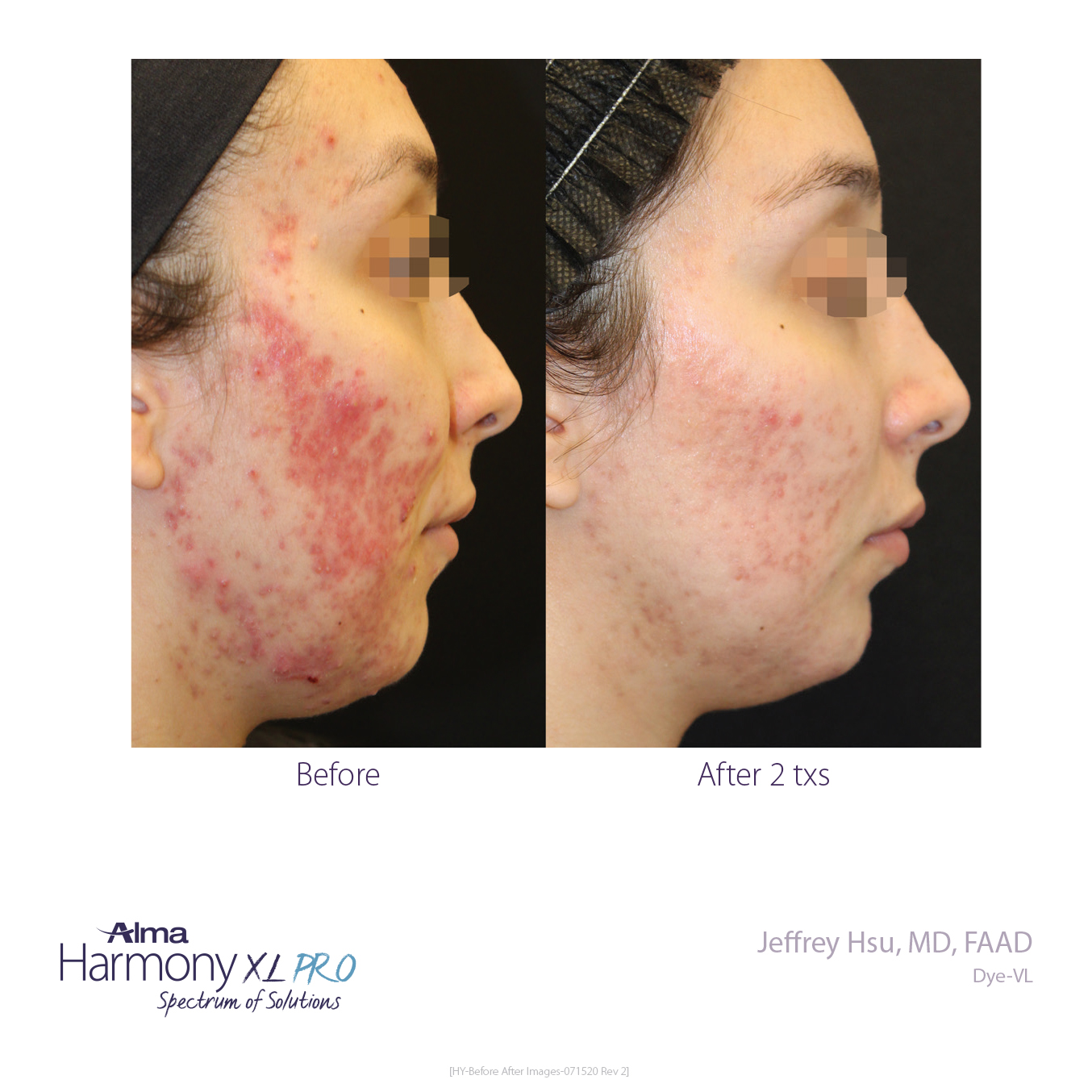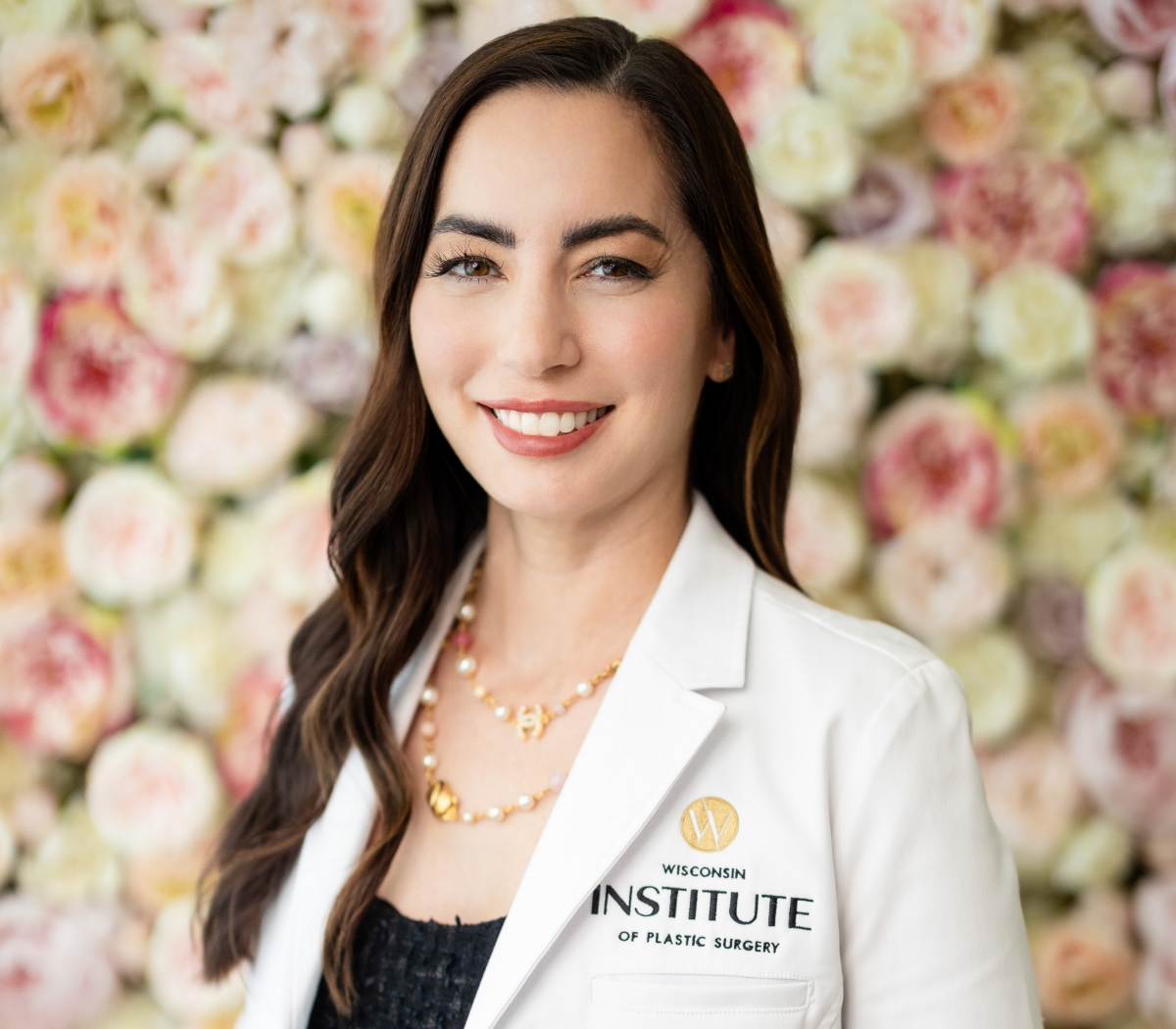 Acne is an incredibly common skin condition, impacting between 40 million and 50 million individuals in the United States alone. Just because the condition is common, that does not make it easy to bear. In fact, acne can often lead to feelings of awkwardness or self-consciousness.
Acne is an incredibly common skin condition, impacting between 40 million and 50 million individuals in the United States alone. Just because the condition is common, that does not make it easy to bear. In fact, acne can often lead to feelings of awkwardness or self-consciousness.
With the right clinical approach, acne symptoms can be treated, and outbreaks kept under control. At the Wisconsin Institute of Plastic Surgery, we are happy to provide individualized acne treatment for patients throughout Green Bay and Appleton.
Acne Overview
Acne occurs when the hair follicles below the skin become clogged. This clogging usually results from oil or dead skin cells, which plug the pores and lead to the formation of lesions (more commonly known as pimples or zits). Acne outbreaks are most common on the face but can also occur on the back, shoulders, and chest.
Real Patient Results
Types of Acne Spots
Acne can result in several different types of lesions, marring your otherwise clear complexion. Some of the most common types of acne spots include:
- Blackheads. When pores are clogged with sebum and dead skin cells, they can produce these blemishes, notable for their characteristic black appearance.
- Whiteheads. These blemishes also occur due to clogged pores but result in small bumps protruding from the skin.
- Papules. Some patients experience such severe inflammation that the walls surrounding their pores break down, resulting in these hard bumps that are tender to the touch.
- Pustules. Another symptom of inflammatory acne, pustules are typically filled with pus. They are usually red or yellow with white on the top.
- Nodules and cysts. Severe acne can result in growths under the surface of the skin. Nodules and cysts are impossible to treat at home.
Why Do I Have Acne?
Various factors can trigger acne or cause active acne outbreaks to get worse. Some of the most common triggers include:
- Hormonal changes, including puberty
- Certain medications, especially corticosteroids or testosterone supplements
- Stress and anxiety
What Are The Causes for Acne?
Acne can often be traced to an excess of oil (or sebum) production, which causes the pores to become clogged. Dead skin cells can also play a role in blocking the pores and follicles. Bacteria and inflammation can further contribute to acne breakouts.
Meet Our Team
At the Wisconsin Institute of Plastic Surgery, our dermatology physician assistants, Colleen Van Egeren, PA-C and Megan MacCarthy, PA-C, have 34 years of combined experience treating various skin conditions. As dermatology specialists, they would love to talk with you about your needs and recommend a skincare treatment program just for you.
How Is Acne Diagnosed?
Acne can usually be diagnosed with a simple visual examination. When you join us at the Wisconsin Institute of Plastic Surgery for an acne assessment, your dermatologist will ask to see all of the areas of your body where you have experienced breakouts, including your face and potentially your back and chest, as well.
In addition to visually confirming the presence of acne, your dermatologist will assess the types of acne spots you have and the severity of your breakouts, both of which can help determine the best kind of treatment.
Treating Moderate to Severe Acne
With the proper clinical treatment, you can control your acne breakouts and minimize the risk of significant scarring.
Types of Acne Treatments
There are several types of acne treatments, and your dermatologist will recommend an approach based on the kind of acne spots and the severity of your acne outbreaks. A few of the most common treatments include:
- Topical medications. A dermatologist can provide prescription retinoids or antibiotics to help get your acne under control. Note that these medications are more potent and effective than anything you can get over the counter and more tailored to your needs.
- Oral medications. Your dermatologist will also be able to suggest oral medications, including antibiotics, that can make your acne symptoms easier to manage.
- Additional therapies. Some patients also benefit from light therapy, chemical peels, or even steroid injections.
Tips For Acne Prevention and Management
While there is no substitute for clinical care, many lifestyle changes and home remedies can help you prevent acne breakouts or minimize the severity of current breakouts. Some of our tips include:
- Use gentle cleansers on problem areas. If you have places where you know you are prone to acne breakouts, wash them twice daily using a gentle cleanser, such as Cetaphil. Wash using just your hands. Also, make sure to shampoo daily if you have oily hair.
- Avoid irritating skin products. Facial scrubs, masks, and astringents can all worsen the effects of acne. Oily or greasy cosmetics, including acne concealers, can also exacerbate breakouts and should be avoided.
- Use sunscreen. Exposure to the sun can sometimes cause your acne spots to be more discolored, which in turn makes them more visible. Make sure you use non-oily sunscreens.
- Shower after vigorous exercise. Oil and sweat, when left on your body, can contribute to breakouts. Make sure you shower as soon as you can after strenuous activities.
Get Help Managing Your Acne Outbreaks
Acne can take a toll on your self-confidence, but the right treatments can help get everything under control.
To learn more, schedule a consultation with our team in Green Bay and Appleton at (920) 380-9890.






